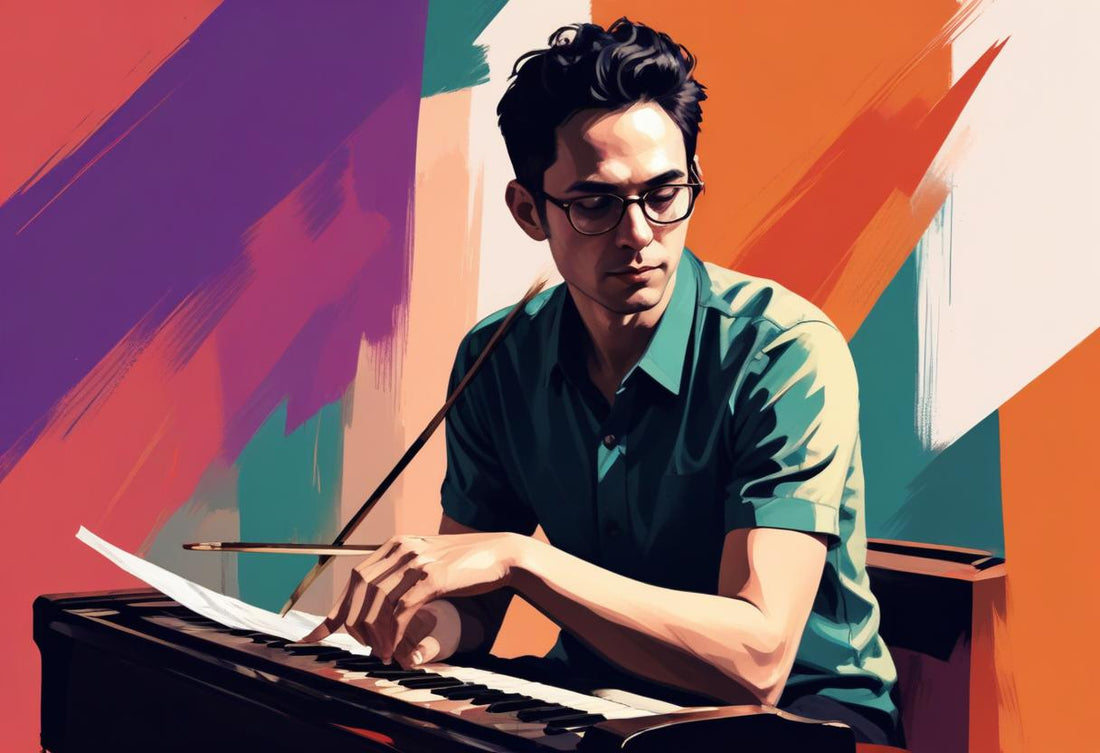Student Composers-in-Residence

Last week I was digging through my bookshelves and came across a small paperback called Comprehensive Musicianship: An Anthology of Evolving Thought. (I must have bought it at some used book sale; it had a price tag of seventy-five cents penciled on it.) As I opened it, I realized that it was a report on a national program run by the Ford Foundation in the 1960s called the Young Composers Project.
Learning about a project that invested over $3,000,000 towards marrying the art of composing with the art of teaching excited me extremely. Fresh out of graduate composition programs, composers like Philip Glass, Peter Schickele, and numerous others were assigned schools where, in exchange for a modest income, they worked with the teachers and students, composing numerous pieces, from string trios to band fanfares. Over a decade, dozens of emerging composers began their professional lives in these residencies, writing numerous pieces that were performed by schools from all over the United States.
The book I found was published in 1971. It is now 2006. What happened? Today there still seems to be no full integration of music by living composers into the pedagogical repertoire. Likewise, it seems our student composers are not learning the techniques needed to compose successfully for young players. Are we still fighting the same battles that the music community was forty years ago?
Here’s an idea. Wouldn’t it be great to create a project that could duplicate the Ford Foundation’s model, but use our graduate composition programs as the vehicle from which to proceed? Perhaps our institutions could offer graduate students an elective course that would teach them how to write for young players. The coursework would be an unpaid internship that puts the graduate students into the public schools as composers-in-residence. To complete the course, the composers would be required to write one to two pieces for his/her school’s ensembles. In addition, they would need to be involved with the school a certain amount of hours, actively participating in rehearsals and getting feedback from the music teachers and students. The result would be: graduate students composers would get hands-on experience in learning to write for younger players, young music students and their teachers would get the chance to work with living composers, and a repertoire of contemporary music for young players would gradually be created from the best assignments composed in the internships.
Many professional degrees require students to do some kind of internship in the field. In fact, in most states, music education students are required to do one to two semesters as assistant teachers in public schools to get certification. So, there is precedent. Yes, I am suggesting something that most schools will never even consider. But, if these programs are not addressing how to teach composers the technical issues with music for young players, how else can we do it? What needs to happen so that in 2026 we are still not lamenting about the same disconnect young players and composers have when it comes to music for the beginning musician?
